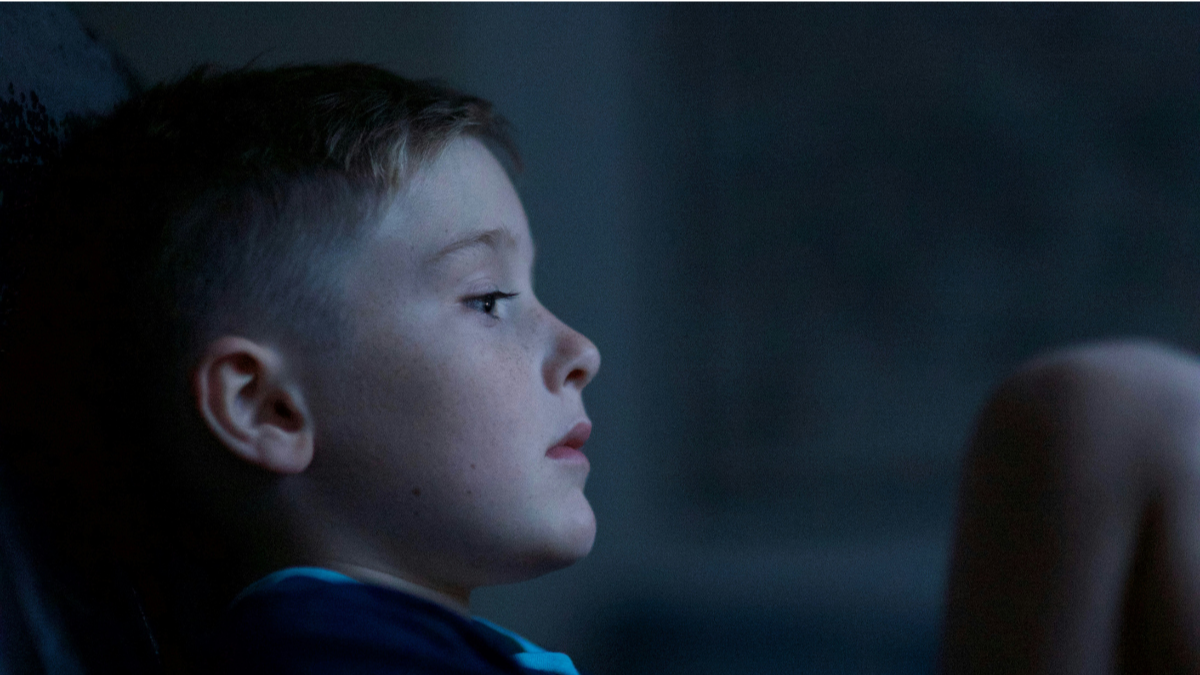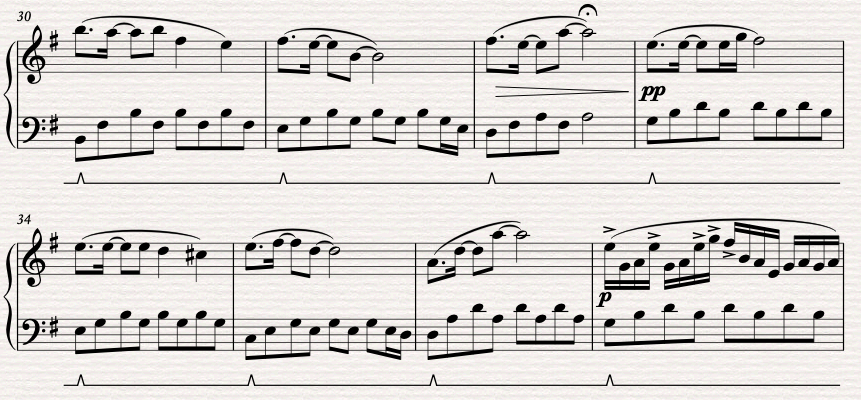Spring and Fall
A Young Grief of Mortality
to a young child
Márgarét, áre you gríeving
Over Goldengrove unleaving?
Leáves like the things of man, you
With your fresh thoughts care for, can you?
Ah! ás the heart grows older
It will come to such sights colder
By and by, nor spare a sigh
Though worlds of wanwood leafmeal lie;
And yet you wíll weep and know why.
Now no matter, child, the name:
Sórrow’s spríngs áre the same.
Nor mouth had, no nor mind, expressed
What heart heard of, ghost guessed:
It ís the blight man was born for,
It is Margaret you mourn for.Our eldest child, Gil, has always been naturally curious. As a young baby his eyebrows were often camped mid way up his forehead staring out at the world. His curiosity has mostly been with all things scientific, which in essence is a deep interest in the natural world. However, I will never forget when he was around four years old and peppering us with why questions, that he asked about death. It was at the dinner table one night and when he realised that he and us and all living things die, his little face fell and he was very quiet......
He questioned further as to whether it was avoidable somehow and it was hard to tell him the truth that is not. That also took some time for him to process......
It was an important step developmentally and a difficult but memorable moment.
Photo by Luke Pennystan on Unsplash
This poem by Hopkins is about a similar moment. It is addressed to a young child, a girl called Margaret. She is grieving the death of leaves and the poet understands her grief to be the grief of the mortality of life — a grief which we are mostly able to shut away during adulthood until sorrows come and we are forced to face our own mortality.
The last line sums this up; in grieving for the falling leaves she is also grieving for herself. It is also reminiscent of the line from John Donne's Devotions upon Emergent Occasions: "therefore never send to know for whom the bell tolls; it tolls for thee." Donne, in this meditation, makes the connection that, just as "No man is an island", we are connected to the rest of humanity, so when hearing and grieving of another's death we grieve our own.
As a side note, Margaret comes from the Greek word for pearl but the French word Marguerite means daisy. The English word daisy comes from “day's eye” as the flower opens during the day but closes overnight. Daisies are often associated with children, childhood and innocence and are also a harbinger of Spring. It seems there are many of these associations that Hopkins brings to the poem and its title.
So where does this leave us? I think it is important to remember our mortality and important to lament it when we can be tempted to avoid it or remain cold and hardened to it.
In a way, it is our grief of mortality that shows us that we long for the immortal. It is an acknowledgement that this is not all there is. Our first understanding of the world as children is that we and it are eternal. It is a shock to realise that is not so.
So I hold on to the Christian faith (also held by Hopkins) and believe that this is not the final end to life. There is an eternal life to be found and enjoyed with God through the saving death of Jesus. (See Hopkins’ "That Nature is a Heraclitean Fire and of the comfort of the Resurrection" and Donne's Holy Sonnet "Death, be not proud")
In composing the piano music, I have aimed for a bittersweet minor feel. The opening section depicts a gentle breeze shaking a leaf which detaches and falls to the ground.
This falling leaf (or Fall) theme is scattered throughout the piece but the main theme is a fairly simple dotted rhythm theme (below) which is the Spring/Marguerite theme. It has connotations of a young girl skipping or playing but is laced with minor undertones.
This theme is developed simply but we are left with the falling leaf theme symbolising that ongoing wrestle with the grief of mortality.
I hope you find it meaningful.
Naomi Brown






